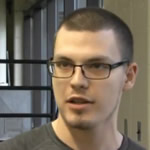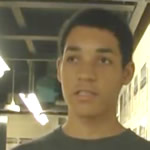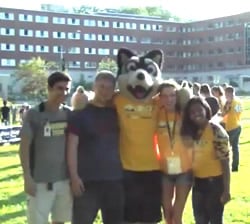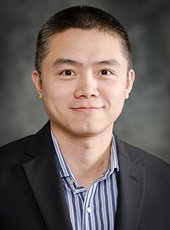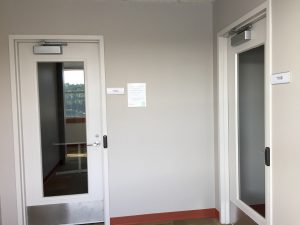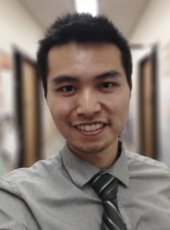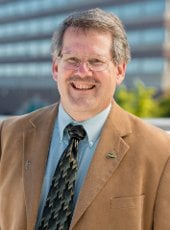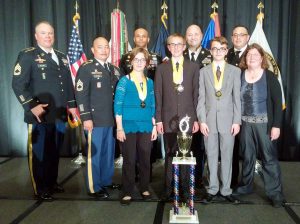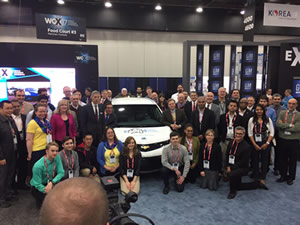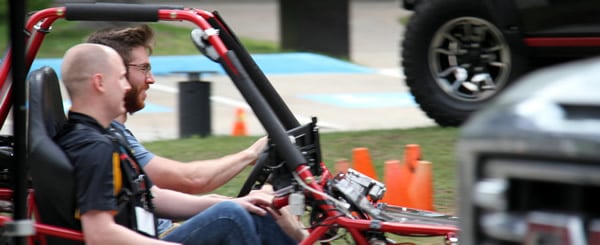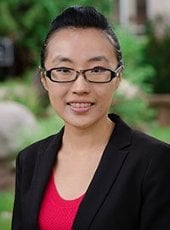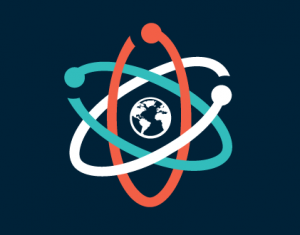 Four Michigan Tech labs, so far, have responded to a request by scientific honor society Sigma Xi and the March for Science for researchers to open their labs to scientists displaced by Hurricane Harvey. Rudy Luck (Chem), David Shonnard (ChemEng), Paul Sanders (MSE) and the Great Lakes Research Center all have invited researchers and students impacted by Harvey to work in their labs.
Four Michigan Tech labs, so far, have responded to a request by scientific honor society Sigma Xi and the March for Science for researchers to open their labs to scientists displaced by Hurricane Harvey. Rudy Luck (Chem), David Shonnard (ChemEng), Paul Sanders (MSE) and the Great Lakes Research Center all have invited researchers and students impacted by Harvey to work in their labs.
In its call for lab space, Sigma Xi wrote, “some researchers in the storm’s path will be displaced from their laboratories for an extended period. These individuals may require extraordinary measures to continue their work. Sigma Xi is joining with March for Science to assemble a list of research laboratories nationwide that are willing to accommodate faculty, postdocs and students who need to temporarily relocate.”
Nationwide, 290 labs have signed up so far. To see the list of labs click here.
By Jenn Donovan.
Biofuels Conversion, Biochemical & Thermochemical
Shonnard Lab @ Michigan Technological University
Houghton, MI
David Shonnard
drshonna@mtu.edu
Alloy Research
Sanders Alloy Research Lab @ Michigan Technical University
Houghton, MI
Paul Sanders
sanders@mtu.edu
Al, Fe, Ni, Cu, Mg alloy development; modeling, casting, thermo-mechanical processing, mechanical testing, SEM/TEM
may be able to provide basic housing (basement bed, bath)
